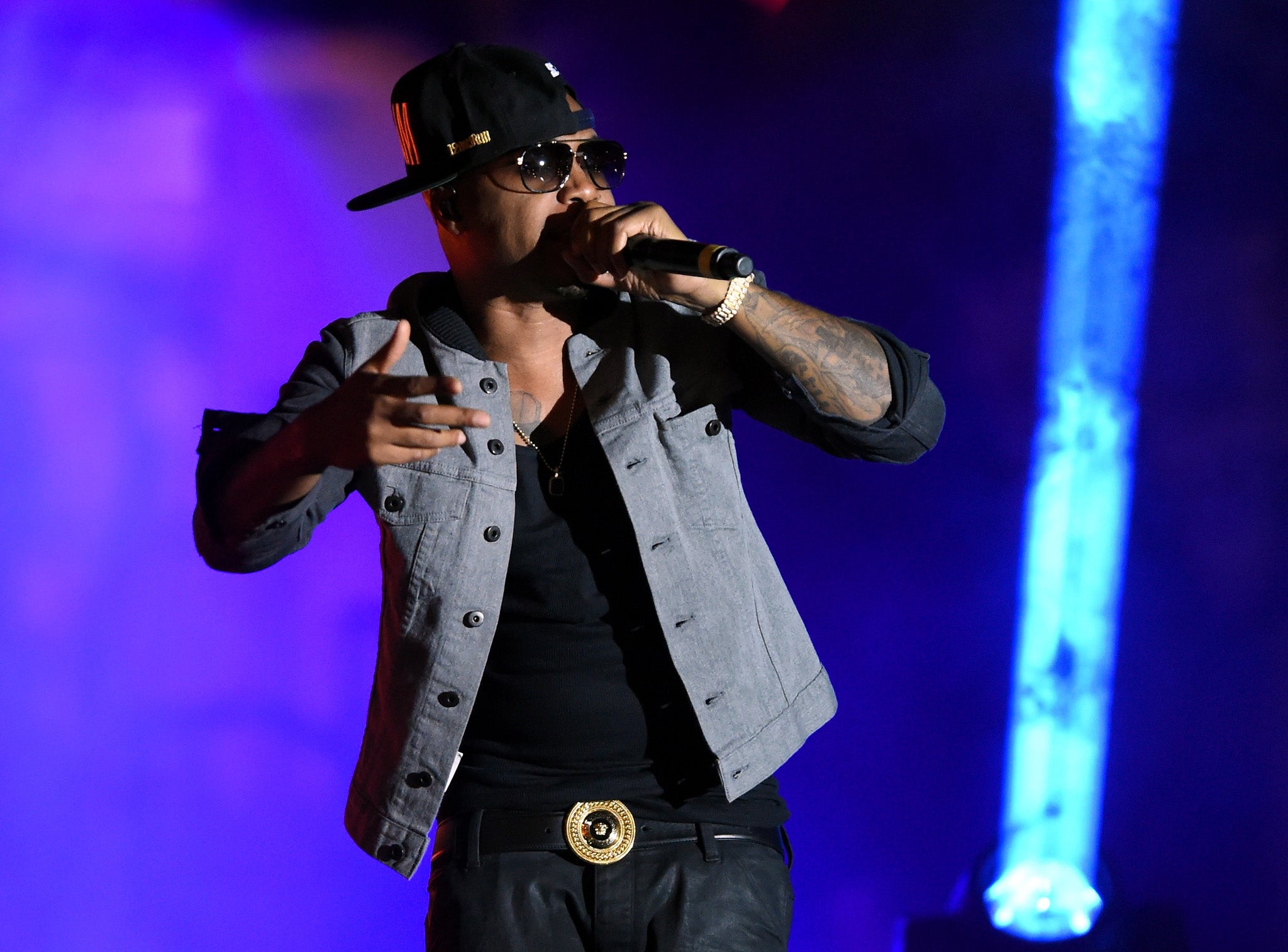Nas: In the wake of Ferguson and Eric Garner deaths, rap is refocusing on law enforcement
The rapper said the recent events continue to shape the politics of rap

Your support helps us to tell the story
From reproductive rights to climate change to Big Tech, The Independent is on the ground when the story is developing. Whether it's investigating the financials of Elon Musk's pro-Trump PAC or producing our latest documentary, 'The A Word', which shines a light on the American women fighting for reproductive rights, we know how important it is to parse out the facts from the messaging.
At such a critical moment in US history, we need reporters on the ground. Your donation allows us to keep sending journalists to speak to both sides of the story.
The Independent is trusted by Americans across the entire political spectrum. And unlike many other quality news outlets, we choose not to lock Americans out of our reporting and analysis with paywalls. We believe quality journalism should be available to everyone, paid for by those who can afford it.
Your support makes all the difference.Hip-hop has re-sharpened its political edge, and remains a vehicle for social commentary post-Ferguson and New York, according to US rapper Nas.
In an interview with GQ magazine, the veteran New York emcee, who last year celebrated the 20th anniversary of his landmark debut album Illmatic, suggested the deaths of Michael Brown in Ferguson, Missouri, and Eric Garner in Staten Island, are reflective of a deeper, longer-standing tension between the African-American community and US law enforcement—and one that continues to shape the politics of rap music today.
“The situation has created the artist to begin with,” the rapper said of police brutality. “It’s the backdrop to KRS-One’s greatest album, ‘By All Means Necessary’. It’s the backdrop to N.W.A.’s world-changing albums and [Dr Dre’s debut solo album] The Chronic.
The Chronic is all about the Rodney King verdict—besides him dissing the people he had to dis, it’s about the Rodney King verdict and the [Los Angeles] riots. It makes artists create and speak. I’m here, partially, because of the bullshit that's been going on. I’m a voice.”
Touching on the impact of N.W.A.—the legendary Los Angeles rap group who are the subject of a forthcoming biopic, Straight Outta Compton, due out this summer—Nas told the magazine: “I wouldn't know that Compton existed in 1988, 1989, if it weren’t for those geniuses from that side called N.W.A. I wouldn’t have even known the place existed. I wouldn’t have known they suffered from the same stuff we suffered from in Queensbridge.”
He added: “On my first album, I'm talking about the same thing. And we're still talking about it now.”
Five Memorable Rap Songs About the Police
N.W.A. - ‘F*** Tha Police’ (1988)
An undiluted, un-PC blast of young black urban fury, this captured N.W.A.’s anti-establishment manifesto perfectly. The benchmark by which all other rap songs about police are measured.
KRS-One – ‘Sound Of Da Police’ (1993)
Backed by a booming beat and impossibly catchy hook, Bronx legend KRS-One’s controversial broad-brush approach make comparisons between slavery-era America and the modern day US justice system.
Big L – ‘The Enemy’ (1997)
On which the late, great Big L addresses police harassment in his typically forthright style: “Listen Columbo, you’re mad because your money come slow/And what you make in a year, I make in one show/Now you wanna frisk me and search my ride/Call me all kinds of names, try to hurt my pride.”
Killer Mike – ‘Don’t Die’ (2012)
One half of critically-acclaimed duo Run The Jewels, Killer Mike - whose father was ironically an Atlanta police officer – offers up a fresh perspective on crooked cops.
Vince Staples – ‘Hands Up’ (2014)
Over a slow-rolling, stark drumbeat, west coast upstart Vince Staples’ razor-sharp rhymes reference Deangelo Lopez and Tyler Woods, two young African-American men shot by police in separate incidents in California in 2013.
Join our commenting forum
Join thought-provoking conversations, follow other Independent readers and see their replies
Comments